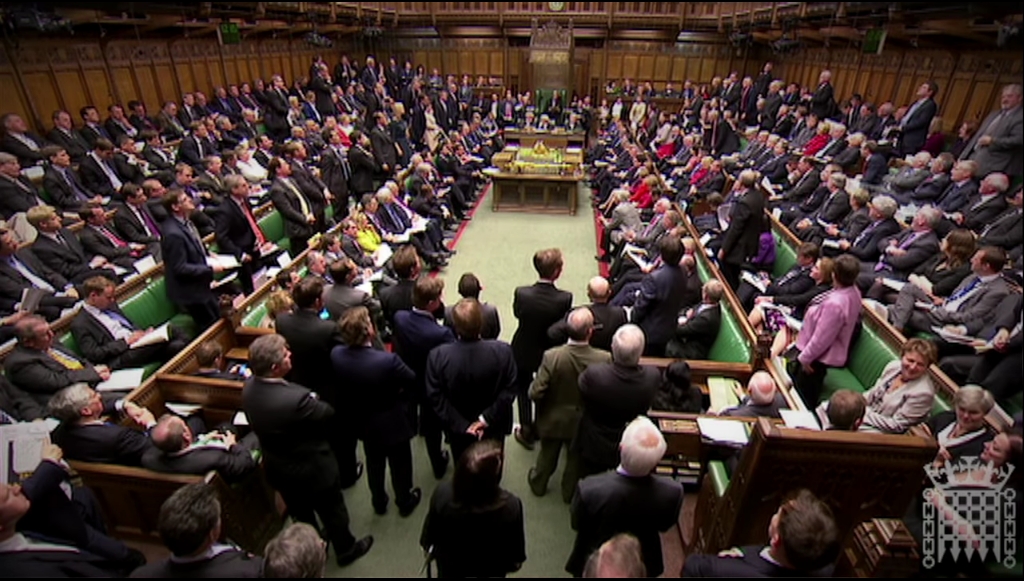
Marx’s
Bastard Offspring
Karl
Marx was born on May 5. 1818. Two hundred years ago. He is definitely an
individual worth discussing. Probably, only a handful of other humans in human
history had as big an effect on history as he did. Communism, Marx’s idea went
from being a ridiculed thesis in a book by a man two generations dead to ruling
more than half the world’s population in less than one human lifetime.
He
is fascinating for me because he tried to create a science of human group
behavior. He believed human history could be seen and understood under the
microscope of Science, and that from the study of our history, we could figure
out the rules that govern how we move and change as whole classes and nations.
Once we had these rules clear, we could use that knowledge to guide our destiny
and end the miseries we keep going through. Famine. Plague. Economic
depressions. Revolution. War.
I
like his intention. I agree with his concluding that the sufferings of
humankind are over 90% avoidable, and since that is the case, we should be
exerting ourselves to avoid them. To do otherwise is stupid. Irrational. Why
would we want to suffer if we don’t have to?
But
I don’t think he saw far enough, which is why his recommendations for how we
should behave as nations didn’t work when they were tried in the real world. In
short, the misery that his “communism” inflicted on people unlucky enough to
come under its yoke is not due to the fact some of his disciples were immoral
men. The problem lies in the vision itself; it’s a flawed vision.
Marx’s
theory was that the set of facts we call “History” is a record of a struggle
between two classes – workers and owners. In every era and nation, in every department
of our lives - art, science, politics, work, health care – in every human
activity – the rich are working to keep workers toiling, ignorant, beaten, starved,
and scared. Churches, for example, are always being used by the rich to keep
the poor ignorant, superstitious, and fearful.
The
struggle has gone on for centuries because people who are clever at getting the
big share of the value of the goods and services produced in a society then do
not want to share that wealth with anyone else. The rich – whatever the
country, whatever currency the people in that country use – hoard the wealth
and use it to exploit the workers and keep them on the brink of bare
subsistence. The rich then spend the remaining wealth, the surpluses of goods
and services – which are made by the workers – on luxuries and pleasures. In
the meantime, the workers and their children are skillfully steered by schools,
churches, and propaganda, into starving, contracting preventable illnesses, fighting
each other, and dying young.
Marx
said that someday, as the workers grow in understanding, they are going to get
fed up, get confidence in themselves, organize, and kick the rascals out. Kill
them if need be. Then, the workers will take over, organize production of the
things that they need to live comfortably, do moderate amounts of work, and fill
their days with art and leisure activities. Enjoy life.
The
responsibility of every decent person, regardless of his or her class, gender,
race, etc. is to work in his or her best way to bring about that day. “Workers
of the world, unite! You have nothing to lose but your chains.”

Stalin at 24 years old
Communism’s
big flaw is not apparent at first, but practical experience over the last
hundred years has repeatedly shown us that flaw.
Communism
is a fanatic belief system. It doesn’t make provision for any person to
disagree with its worldview. It does not call for free speech and free
elections inside a democratic state. Instead, Marx calls for violent overthrow
of the existing order, annihilation of any who talk of gradual steps to
social justice, and then the establishing of a "dictatorship of the proletariat".
If you aren’t part of the solution, you’re part of the problem. If you aren't with us, you're against us.
Consequently,
in the real states set up by nations that try to bring communism in as their
form of governance, it makes available early on the governmental machinery of
total control. The world worker’s paradise, that is supposedly coming someday, instead
becomes a vague justification for ending all dissent. The tiller of tyranny is
there for an opportunistic person to seize and hold onto. But all nations
contain opportunists. Someone always seizes that tiller.

Thomas Jefferson (painting by Peale, via Wikimedia Commons)
It’s
worth noting that Marx’s vision is opposite to that of the founding fathers of
the U.S.. Adams, Jefferson, and their colleagues aimed to write a constitution in
which the first design principle would be to prevent any one individual, class,
religious organization, or corporation from ever gaining total control of the
state.
They set out to make a country in which people must discuss, compromise,
and reach consensus before they can organize and act. Before they can get
anything on a community scale done, they must talk to each other. That was to
be the only way, in Adams and Jefferson’s vision, for all levels of government to work. So they divided up the power – executive, legislative, judicial –
in such a way that any two of the main organs of governance could always stop
the third if it got out of hand, i.e. if it got mean and greedy.
Marx’s
communist state is designed to be populated by optimistic cooperators.
Jefferson’s republic is designed to be populated by cautious realists.
Communism
failed because it does not make provision for the restless nature of humans
themselves. In every community, nation, or tribe, there will always be some who
are curious, creative, defiant, and restless. That restlessness, that need to
keep pushing the envelope of life outward, in spite of the destruction it has sometimes
caused via the tyrants of history, has nevertheless, at the same time, been the
driver of all that is creative and noble in us. Human curiosity and the human
need for constant testing of the limits of our lives will never be tamed; but
it just might be managed, channeled, and invested if we consciously choose to start
managing ourselves. Pluralistic democratic ideals, widely believed, could
enable us to end the madness.
It
is worth noting here too that in the real experience of the last hundred years,
one of Marx’s most fundamental maxims has turned out not to be true. A mistake.
A false portrayal of reality.
Marx
said that the capitalists will always seek to get richer and richer and push
the workers harder and harder. The rich do not share, and in this, they will
never change. They hate the very idea of sharing, at least in Marx’s view.
But
the wealthy of the U.S., for example, could see in the 1930’s that if they did
not share at least some of what they had, they were going to lose it all. The
Russian Revolution was still fresh in the minds of the people of the world. Its
lesson? See what happens when the rich get too arrogant. They lose their heads.
Literally. When the poor have nothing, they have nothing to lose. And there are
many, many more poor than there are rich.

Franklin D. Roosevelt (Wikimedia Commons)
So
when Roosevelt told the rich of the U.S., many of whom were his personal
friends, as he had been born among them, that they were going to have to invest in
workers and their welfare, they listened to him. Partly because they did care
about the suffering that was going on in all the U.S. states. (Kids were dying
of malnutrition while food was being burned to keep the price up.) But also partly because those same
rich did not want to end up like the Romanovs and their friends. Or the
Bourbons of France a century or so earlier. The prospect of one’s own horrible death
has a marvelous power to focus the mind.
In
other words, while communism is extremely seductive in its idealized form, and extremely difficult to overthrow once its inevitable tyrants come
in and secure their grip on the military and media, it eventually does
crumble. The crumbling comes about partly because communism’s inherent flaws
make the people who live under it gradually learn to hate it, and partly
because its coming into real world existence forces its competitors on the world market of
ideas – the free market, capitalist societies – to evolve. Opposing memes fight to survive. When the rich see
they really could lose it all, including their own heads, they change their
attitudes.
The
memes by which the societies of the human social world are built and run are
like the genes of the living creatures of the natural world. They keep
restlessly combining and re-combining, and combinations that don’t work in the current
real circumstances of the world lead the individuals and species programmed
with them into dead end paths. The species that are obsolete and the societies
that are obsolete die out.
The
problem for the cynics and pessimists of the world who say that this essay only
proves life is inescapably miserable and doomed is that if we can grasp and
discuss these ideas of how societies emerge and flourish and how they fall out
of touch with their environments – if we can think with these ideas as you and I
are right now – then we could learn to write and re-write our ways of life so
that we don’t have to do the wars, revolutions, plagues, and famines anymore. We
could learn to evolve peacefully.
“There
is no inevitability as long as there is a willingness to contemplate what is
happening.” (McLuhan)

Marshall McLuhan (Josephine Smith, via Wikimedia Commons
During
the Enlightenment, several of the finest thinkers of the West believed that
reason could lead us into a Golden Age. We could fix the human condition. The
more I understand of how fools and bullies come into power and go out of power,
and how societies keep evolving, the more I think it still could be so.
Why
not? “We
have nothing to fear but fear itself?” (Roosevelt)
In
the shadow of the mushroom cloud, nevertheless, have an intelligent and
compassionate day. (Wendell)





